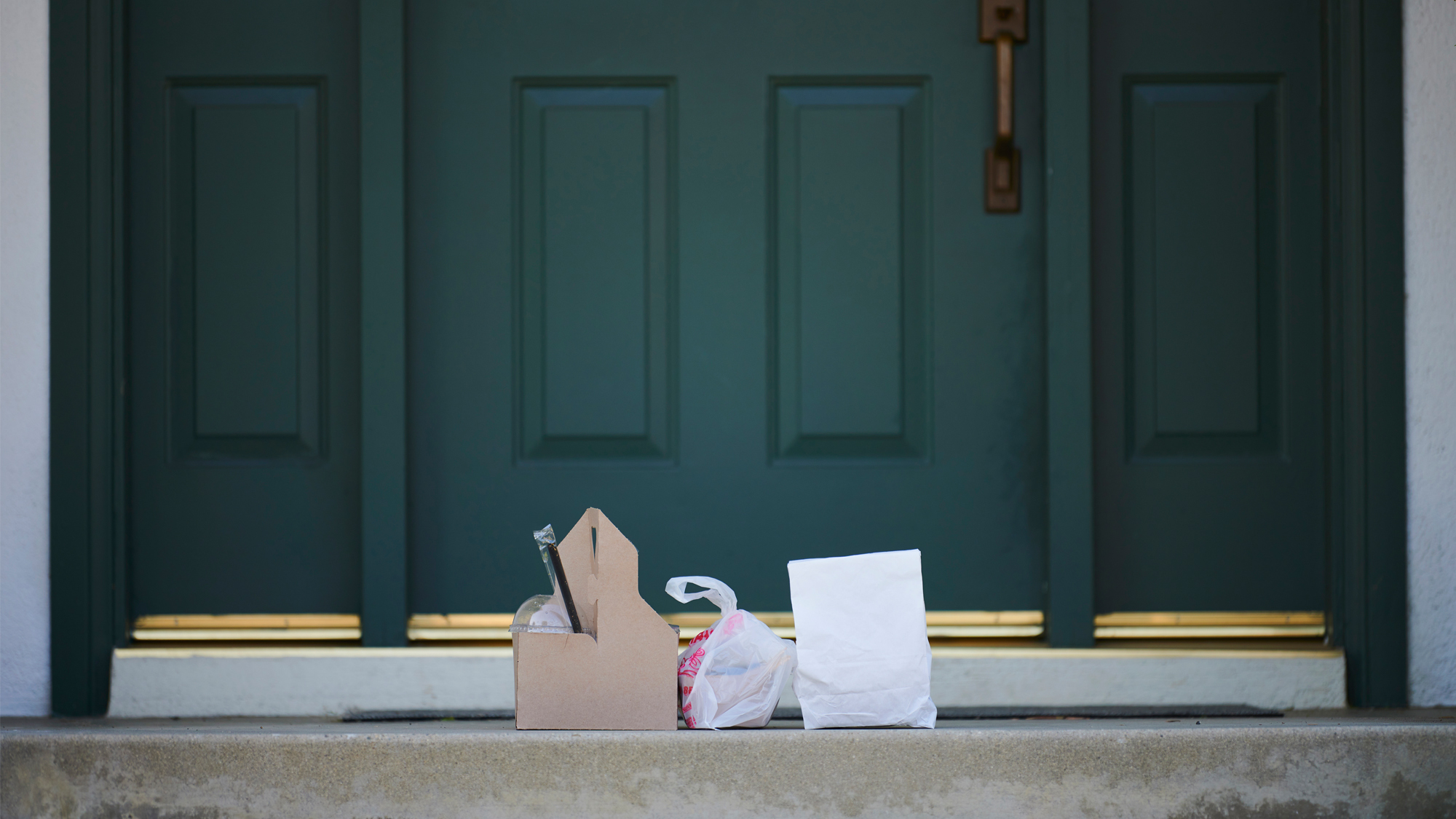The permanent stay-at-home economy
And more of the week's best financial insight

A free daily email with the biggest news stories of the day – and the best features from TheWeek.com
You are now subscribed
Your newsletter sign-up was successful
Here are three of the week's top pieces of financial insight, gathered from around the web:
The stock-picking guru next door
Ordinary investors have done surprisingly well at picking stocks over the past decade, said Hannah Miao in The Wall Street Journal. "Wall Street has long derided amateur investors," certain that they are mostly "buying high and selling low." In fact, the average individual investor stock portfolio has risen about 150% since 2014, versus a 140% increase for the S&P 500. A study from Vanda Research looked at brokerage records to analyze the trades of individual investors, excluding exchange-traded funds and mutual funds. It turns out that "the typical small investor holds an outsize position in mega-cap tech companies. Apple, Tesla and Nvidia alone make up about 40% of the average individual’s stock portfolio." Most individual investors have a long-term mindset, defying the stereotype of the overeager day trader.
Be cautious about Medicare Advantage
Be careful about switching to a Medicare Advantage plan, said Terry Savage in the Chicago Tribune. "More than half of Medicare participants have left traditional Medicare," lured by the promise of lower costs. Traditional Medicare, though, comes with one big advantage: "You can use any physician or hospital or testing service that accepts Medicare. Period." That covers most medical providers. That’s not the case with Advantage plans. Generally, you’ll also need approval from plan administrators, who aim to keep costs down. Medicare Advantage plans denied more than 2 million authorization requests in 2021 and the rate of denials has tripled since 2019. Agents get commissions that can bring them $600 when they persuade you to sign up, plus $300 each year you renew.
The Week
Escape your echo chamber. Get the facts behind the news, plus analysis from multiple perspectives.

Sign up for The Week's Free Newsletters
From our morning news briefing to a weekly Good News Newsletter, get the best of The Week delivered directly to your inbox.
From our morning news briefing to a weekly Good News Newsletter, get the best of The Week delivered directly to your inbox.
The permanent stay-at-home economy
The pandemic has led to lasting changes in consumer behavior around the world, said The Economist. We are living in the "age of the hermit." While overall wealth and spending have gotten back to pre-pandemic levels, there’s more spent on stuff, less on services and experiences. "Leisure activity" has suffered most, with the money saved getting redirected to goods, ranging from “chairs and fridges to things like clothes, food and wine." Overall, it adds up to a $600 billion per year shift in the global economy. Hotels are crowded and restaurant reservations are hard to get. However, the source of the crowding is "not sky-high demand but constrained supply," with few new restaurants and hotels opening.
This article was first published in the latest issue of The Week magazine. If you want to read more like it, you can try six risk-free issues of the magazine here.
A free daily email with the biggest news stories of the day – and the best features from TheWeek.com
-
 Political cartoons for February 16
Political cartoons for February 16Cartoons Monday’s political cartoons include President's Day, a valentine from the Epstein files, and more
-
 Regent Hong Kong: a tranquil haven with a prime waterfront spot
Regent Hong Kong: a tranquil haven with a prime waterfront spotThe Week Recommends The trendy hotel recently underwent an extensive two-year revamp
-
 The problem with diagnosing profound autism
The problem with diagnosing profound autismThe Explainer Experts are reconsidering the idea of autism as a spectrum, which could impact diagnoses and policy making for the condition
-
 Currencies: Why Trump wants a weak dollar
Currencies: Why Trump wants a weak dollarFeature The dollar has fallen 12% since Trump took office
-
 Is the US in a hiring recession?
Is the US in a hiring recession?Today's Big Question The economy is growing. Job openings are not.
-
 Elon Musk’s starry mega-merger
Elon Musk’s starry mega-mergerTalking Point SpaceX founder is promising investors a rocket trip to the future – and a sprawling conglomerate to boot
-
 TikTok: New owners, same risks
TikTok: New owners, same risksFeature What are Larry Ellison’s plans for TikTok US?
-
 Trump wants a weaker dollar, but economists aren’t so sure
Trump wants a weaker dollar, but economists aren’t so sureTalking Points A weaker dollar can make imports more expensive but also boost gold
-
 Will SpaceX, OpenAI and Anthropic make 2026 the year of mega tech listings?
Will SpaceX, OpenAI and Anthropic make 2026 the year of mega tech listings?In Depth SpaceX float may come as soon as this year, and would be the largest IPO in history
-
 Leadership: A conspicuous silence from CEOs
Leadership: A conspicuous silence from CEOsFeature CEOs were more vocal during Trump’s first term
-
 Ryanair/SpaceX: could Musk really buy the airline?
Ryanair/SpaceX: could Musk really buy the airline?Talking Point Irish budget carrier has become embroiled in unlikely feud with the world’s wealthiest man